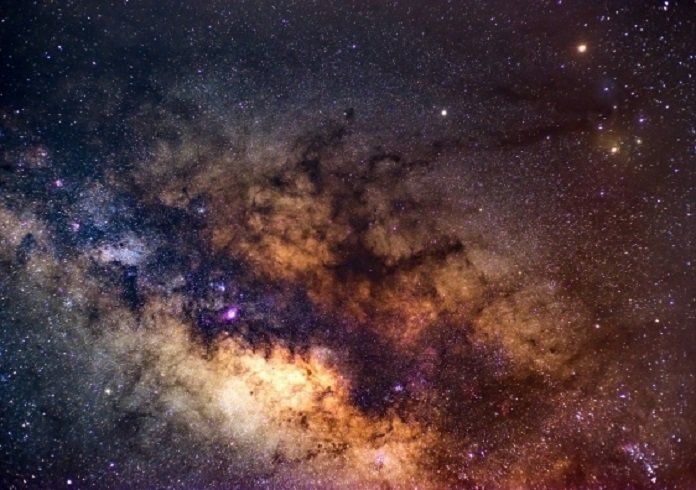UNSW scientists in collaboration with European scientists demonstrated that the “DNA”, or spectra, of more than 340,000 stars in the Milky Way could aid them to search the siblings of the Sun, now scattered across the sky.
Scientists actually are working on project GALAH, the survey observations for the ambitious galactic archaeology project- which launched in late 2013 as part of a quest to uncover the formulation and evolution of galaxies. Scientists gathered the data from HERMES spectrograph at the Australian Astronomical Observatory’s (AAO) 3.9-metre Anglo-Australian Telescope near Coonabarabran in NSW to collect spectra for the 340,000 stars.
The data shows that how the Universe went from having just hydrogen and helium soon after the Big Bang to being loaded with every one of the components show now on Earth that is fundamental forever.
